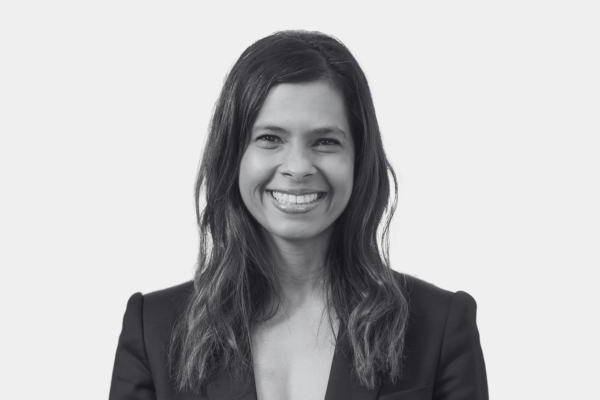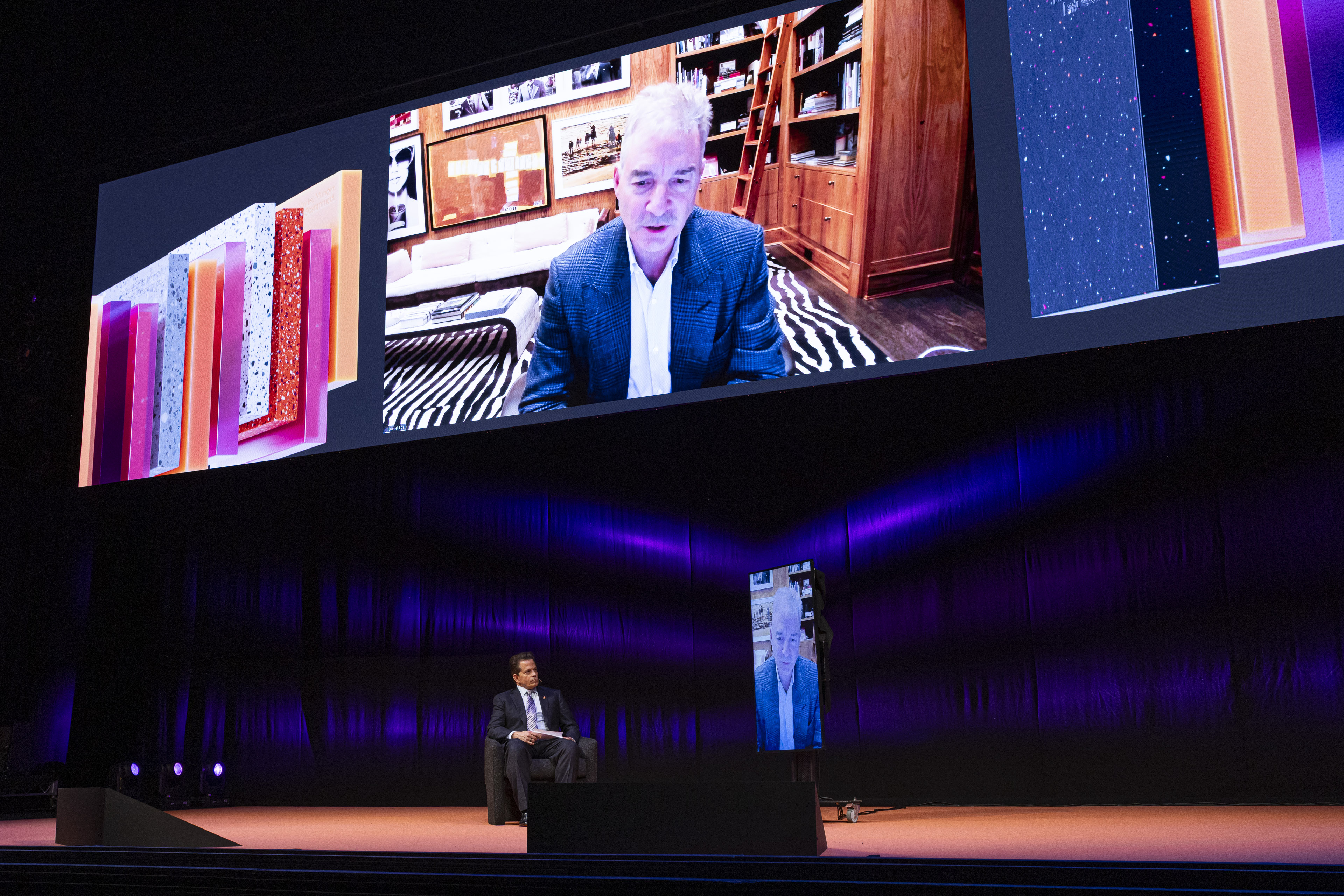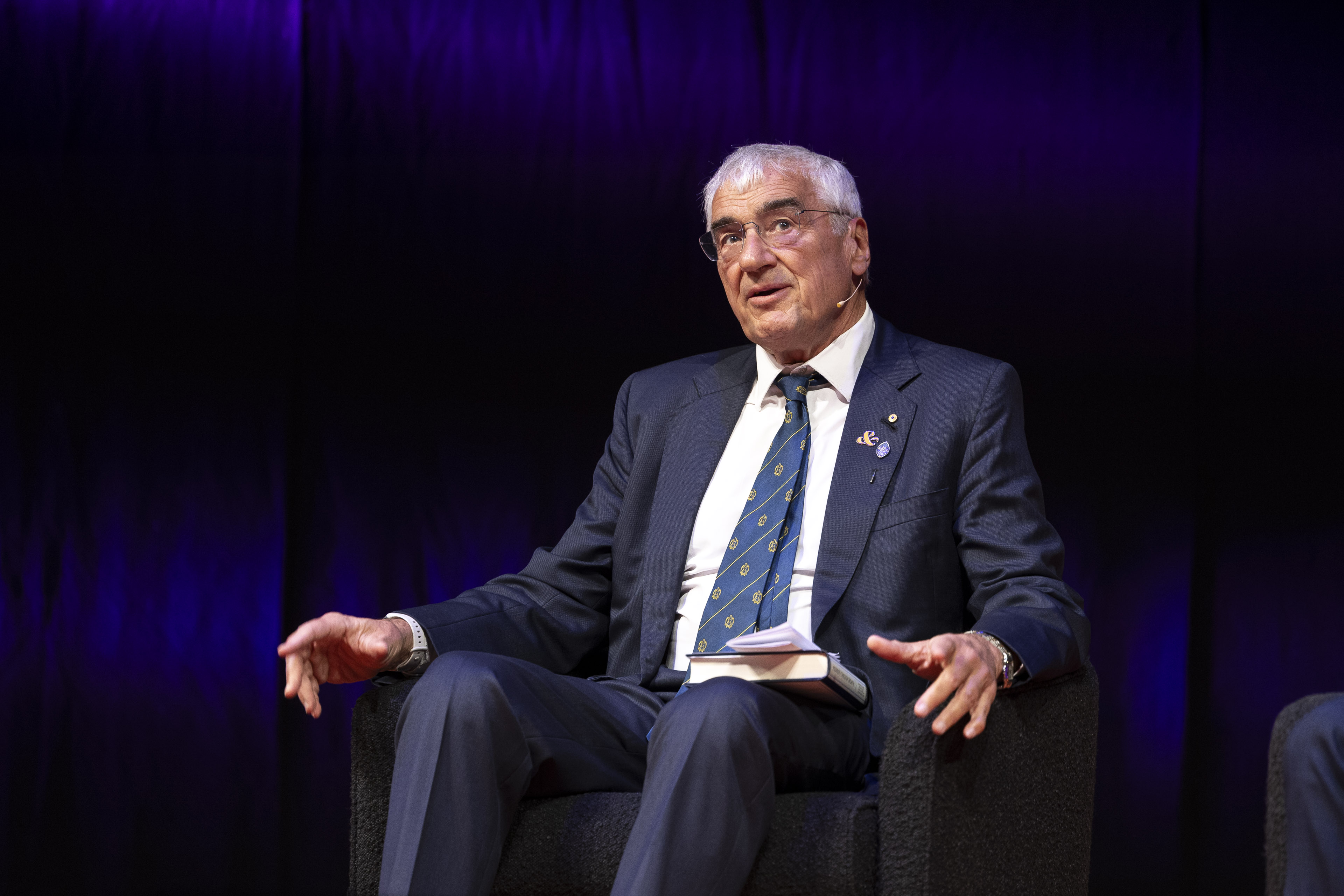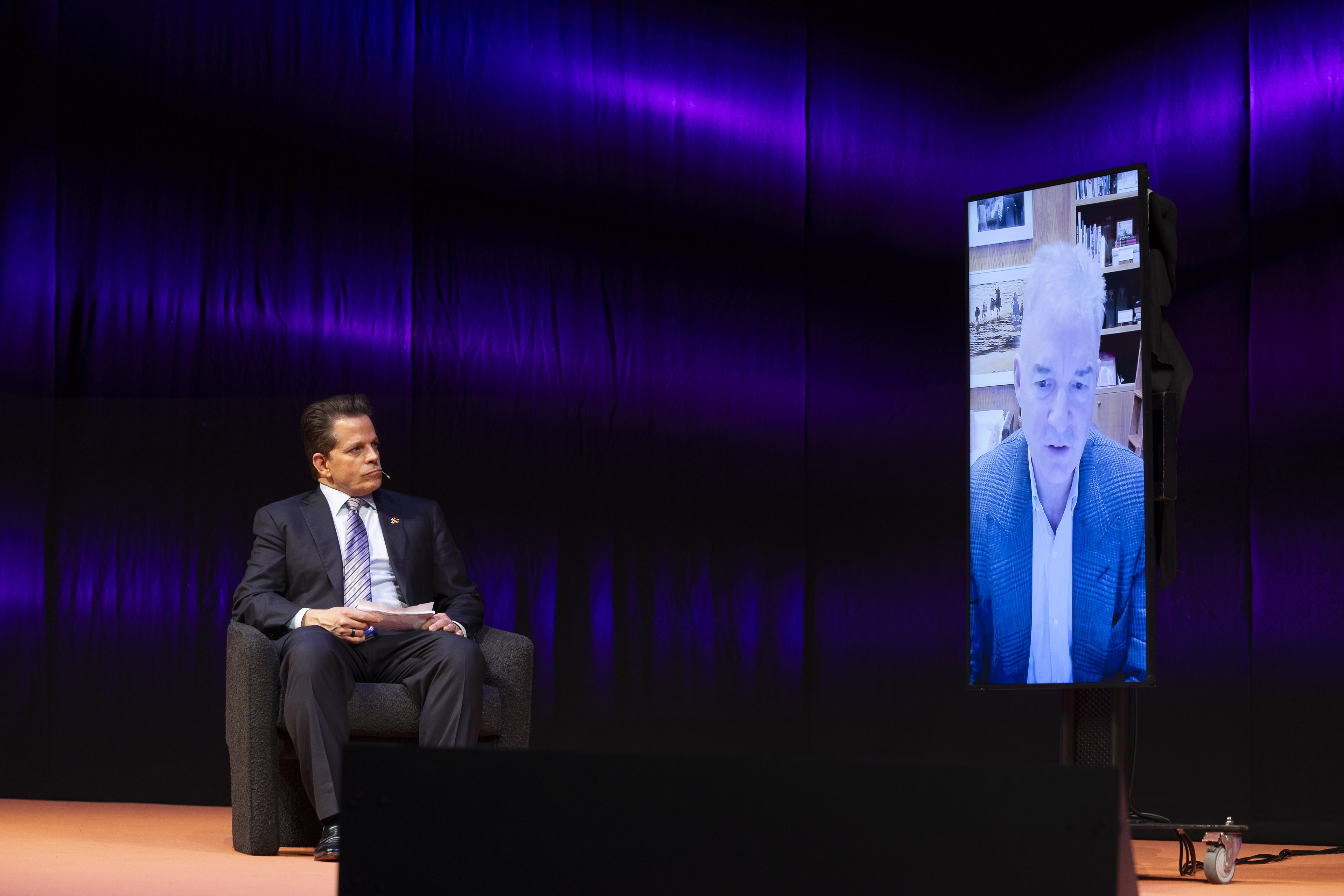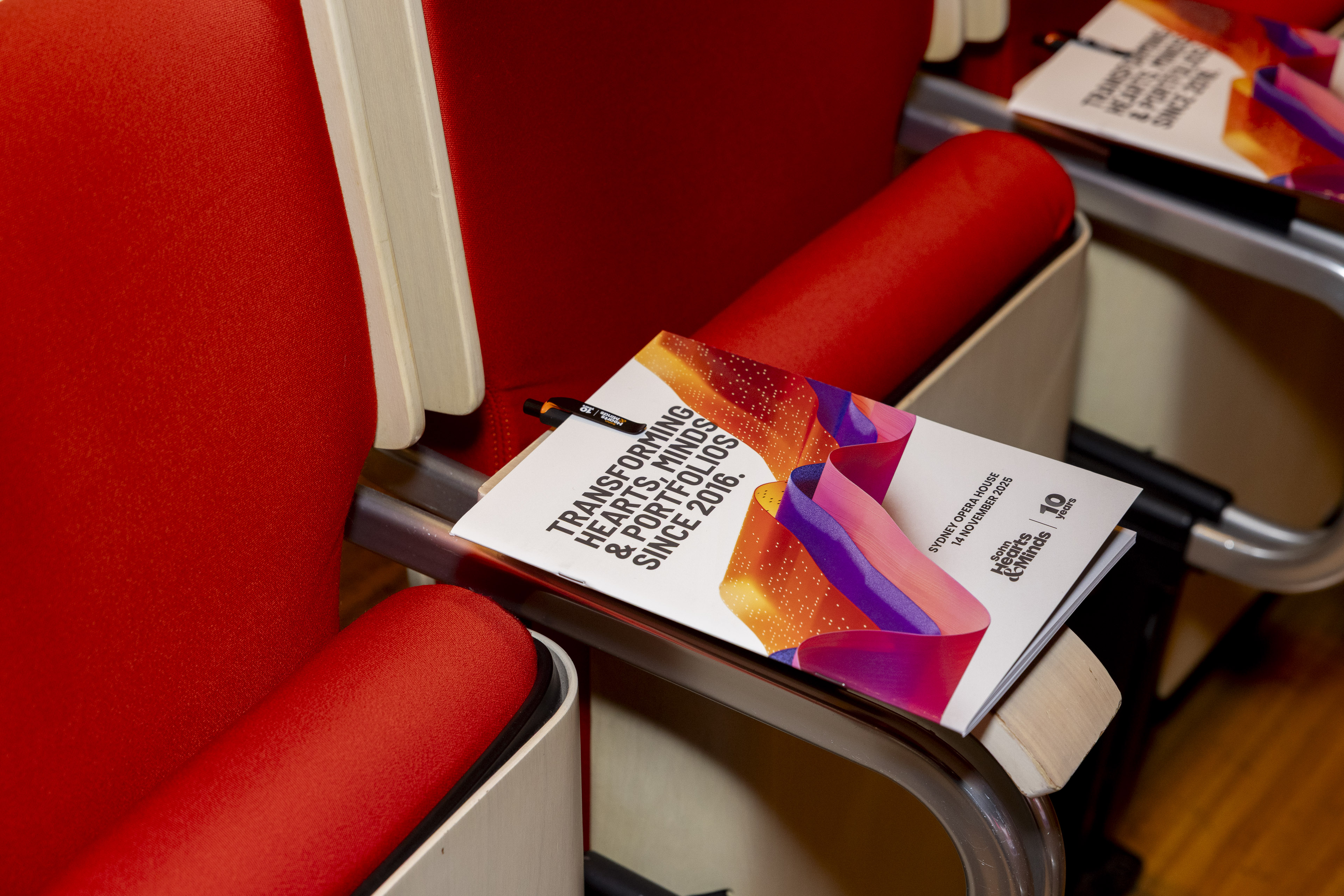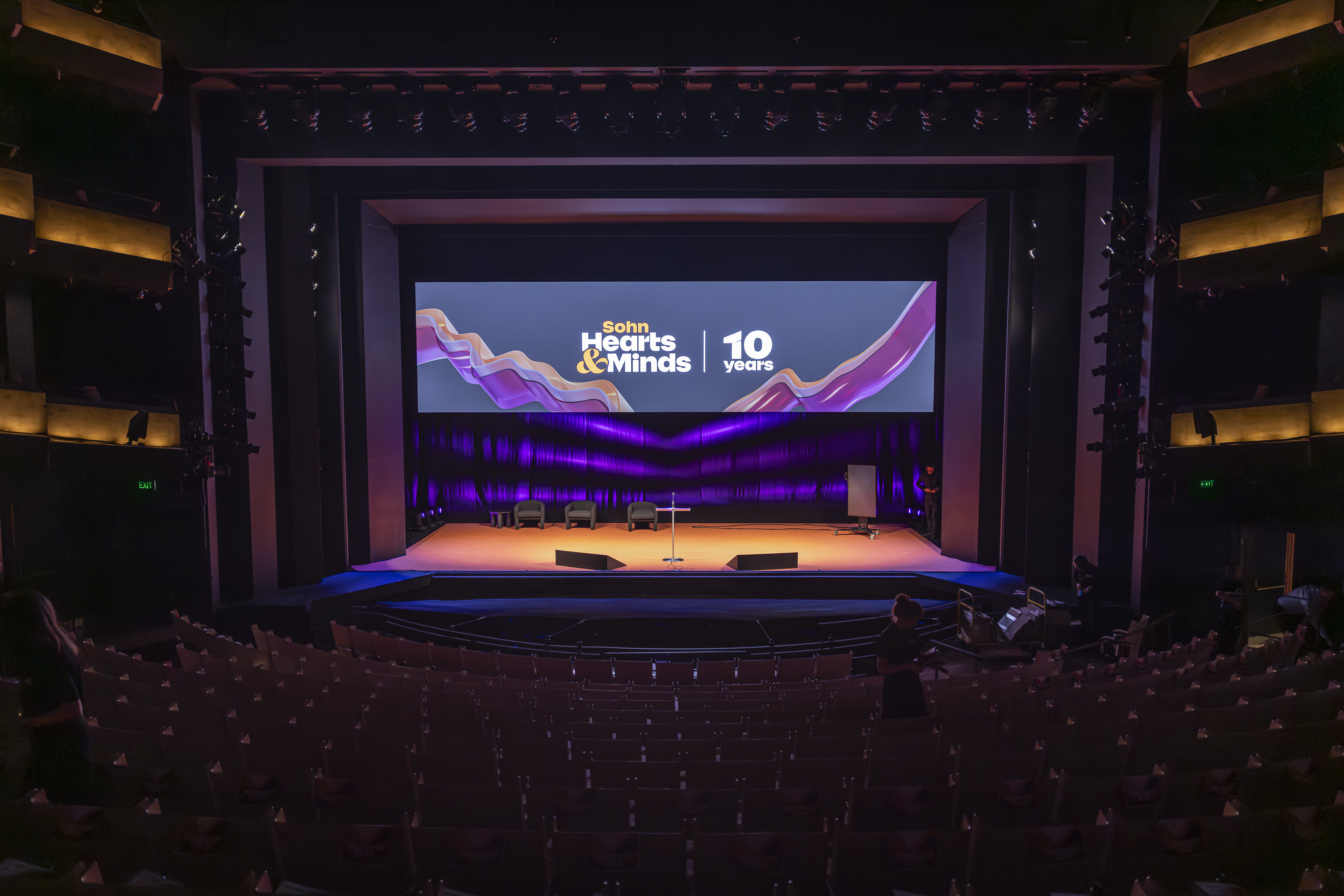As inflation burns a hole in consumers’ pockets and the US housing market hits the brakes, two sectors that investors are likely to be fearful of are food delivery and housing.
But that’s precisely where New York hedge fund manager Ricky Sandler is putting his clients’ money.
Speaking to The Australian Financial Review before the Sohn Hearts & Minds conference, Sandler named global on-demand ride-sharing and food delivery service Uber Technologies among his top picks, alongside real estate marketplace Zillow.
Both stocks have cratered over the past year; Uber declining almost 40 per cent and Zillow’s valuation slashed by 70 per cent, as rising interest rates killed the pandemic unprofitable-tech boom.
But Sandler says both are at bargain prices, anticipating Uber will double in the next 18 months. Zillow, he says, is still priced for its disastrous entry into home-flipping while quietly improving its platform.
“Sometimes we go against the macro because that’s obvious and priced in,” he says.
“That’s what everyone is worried about but no one is looking at what’s really happening underneath. The cycle will come and go. We make longer-term investments, look beyond what people are worried about in the short term but over a two-year period, will normalise.”
Three key reasons
Sandler’s Eminence Capital materially added to its Uber position in July at $US22.75, according to the firm’s latest shareholder letter.
Zillow is similarly a top 10 holding in the long/short fund alongside a basket of cannabis stocks, sports betting and gambling company Entain and chemical maker Ashland Global.
Sandler says Uber is a buy for three reasons: high margins; improving profitability; and structural advantages in food delivery that make it difficult for similar businesses to compete.
“When you look at Uber’s top five markets, they earn north of 30 per cent margins, but because they’re investing in the delivery business – because they’re investing in mobility markets – collectively today, they’re not there yet. But that’s going to become really visible over the next year or two, the profitability will go up.
“On the food delivery side, people compare Uber to DoorDash, but I think Uber has an advantage over everybody who is only in the food delivery business because they also have mobility.
“They can consolidate driver supply – their drivers can drive for Uber mobility or Uber Eats – and they can consolidate customers via Uber pass, offering savings on rides and eats, so they have a structural advantage.”
Uber is unprofitable today, but Sandler expects it to progress towards GAAP profitability, noting this will facilitate its entry into the S&P 500.
“Uber is one of the largest market cap companies not in the S&P 500, depriving the company of a meaningful passive ownership base,” he says.
“We expect this will change over the next couple of years.”
Asked about Uber’s exposure to the weakening consumer environment, Sandler thinks the market wrongly classifies ride services as a “high-price luxury” because it’s a cheaper option than hiring a car on a business trip or owning a vehicle and commuting.
He concedes there could be some weakness in food delivery but anticipates consumer habits will migrate from dining out to ordering in.
“Will some people stop ordering in from the local Italian and cook pasta at home? Yes, if they have to save,” he says.
“But today, the penetration rate of delivery is pretty slow and still going up and the potential for Uber to add delivery of packages or grocery.”
Sandler’s next pick Zillow, a real estate marketplace, is also faced by a tough set of economic circumstances.
US mortgage rates topped 7 per cent last week, the highest level in 20 years, and the latest sign that the Federal Reserve’s aggressive moves to slow the broader economy are hitting the housing market.
The company announced on Friday that it had laid off 300 staff as it contends with a slowing market. Last November, the Seattle-base company announced it was laying off a quarter of its headcount because of the closure of its home-buying business Offers.
Sandler is not deterred. “Zillow is priced this way because everyone is worried about the near term cyclically, and because historically they were in the home flipping business which lost them money,” he says.
“New management has come in and has made lots of changes; materially upgrading their technology, rolling out features that make it a better consumer experience and better monetising users.
“Everyone is worried about these macro things, and they’re missing what’s happening on a micro basis.”
No fan of fintech
Sandler is set to name his No.1 pick at the charitable Sohn Hearts & Minds conference in Tasmania on November 18. He says his trip to Australia is part pleasure, part scoping out opportunity as overseas investors eye Australia’s growing pension pot.
“There is an awful lot of money that needs to be invested offshore, and it’s growing at a good clip,” he said.
“We’re not trying to grow a lot, but asset diversity is really important to us in different markets.”
Eminence hasn’t “raised a penny” in Australia but has expanded across the Middle East. Assets under management across the firm sit at $5.6 billion with about $2.2 billion in the long/short strategy and $3.4 billion in the long strategy. Both strategies are open to new capital.
Performance in Eminence’s long/short strategy has delivered outperformance since its inception in 1999. Returns have been strong against the MSCI World Index this year, with net returns of negative 7.8 per cent versus negative 25.4 per cent. The fund has underperformed over a 10-year period, net 6.3 per cent versus index returns of 8.1 per cent.
Sandler says gains this year have come from the short side of the portfolio, generating positive 19.2 per cent alpha while longs generated negative 11.4 per cent alpha, a theme that echoes local trends as short sellers come in from the cold.
Success has come from shorting IPO and SPACs that hit the market in 2020 and last year, such as Beyond Meat and fintech disruptors Lemonade, Upstart and Affirm.
“Looking into IPOs, we learnt that after the first two or three months, they drastically underperformed the market – on average about 15 to 20 per cent over the next 18 months,” he says.
Scarier than the COVID-crash
An outspoken short seller, Sandler isn’t afraid of expressing his views, getting into stoushes with meme stock traders on Twitter.
“Dear AMC Apes, the executives at AMC thank you very much for making them rich. It’s a shame they all sold while you all HODL.” he wrote in a March tweet, before taking a months-long self-imposed break from the platform.
Asked why he engages, Sandler describes last year’s meme stock, short squeeze episode as more frighting than the COVID-19 market crash. Faced with a new and unknown force, he sought to understand what made the Reddit retail army tick.
Today, he’s managing meme risk by being “very diversified” on the short side, limiting exposure to meme stocks and tracking mentions on Reddit and options volume.
“It was a very challenging period,” he says.
“It was something new that we’d never experienced before from a group of people who were, in some ways, highly unsophisticated. And you would say, I’ll play poker against those people all day long, but in some ways, their actions created a lot of knock-on effects.
“We had enough risk management to ride through it, but it was almost more scary for me as an investor than the COVID drop because I understood it, I could understand why the market was down, but this thing on the short side was almost scarier because it was so hard to understand the behaviour, banding together on Reddit.
“Engaging with them on Twitter helped me to understand a little bit about their mindset.”
The Australian Financial Review is a media partner of sohnheartsandminds.com.au
This article was originally posted by The Australian Financial Review here.
Licensed by Copyright Agency. You must not copy this work without permission.
Disclaimer: This material has been prepared by AFR, published on 30 October 2022. HM1 is not responsible for the content of linked websites or content prepared by third party. The inclusion of these links and third-party content does not in any way imply any form of endorsement by HM1 of the products or services provided by persons or organisations who are responsible for the linked websites and third-party content. This information is for general information only and does not consider the objectives, financial situation or needs of any person. Before making an investment decision, you should read the relevant disclosure document (if appropriate) and seek professional advice to determine whether the investment and information is suitable for you.


